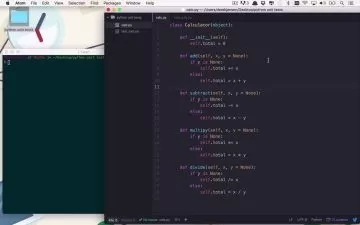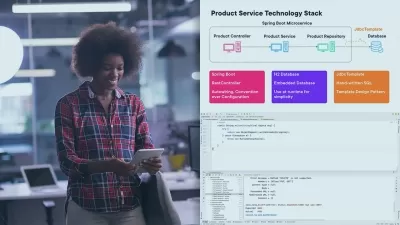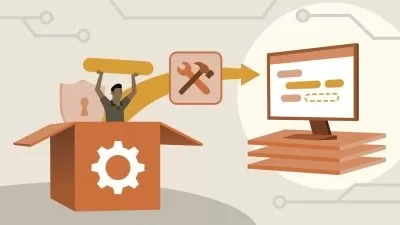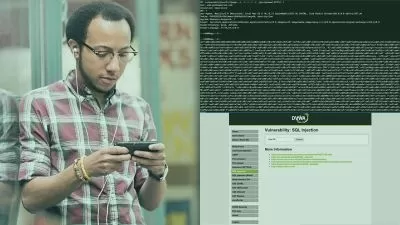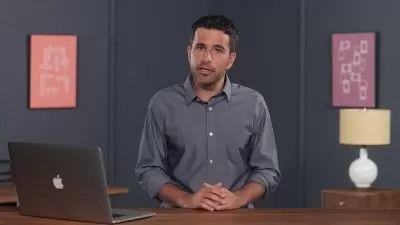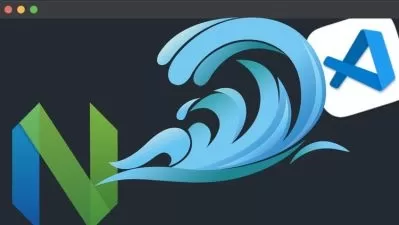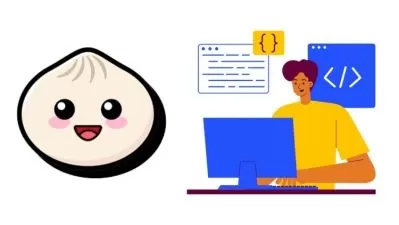Writing Highly Maintainable Unit Tests
Zoran Horvat
6:15:18
Description
This course will teach you how to develop maintainable and sustainable tests as your production code grows and develops.
What You'll Learn?
Take advantage of the knowledge this course gives you and get equipped with the theory and practical skills you need to start making test suites manageable for the life of your product. In this course, Writing Highly Maintainable Unit Tests, you'll learn advanced techniques in unit testing. First, you'll explore how to turn production code testable in the first place. Next, you'll discover how to make tests survive future implementation changes. Then, you'll learn how to avoid nearly all code duplications in tests. Finally, you'll design reusable testing libraries. By the end of this course, you'll process deep understanding that will make your tests better in many ways.
More details
User Reviews
Rating
Zoran Horvat
Instructor's Courses
Pluralsight
View courses Pluralsight- language english
- Training sessions 78
- duration 6:15:18
- level average
- English subtitles has
- Release Date 2022/12/31






